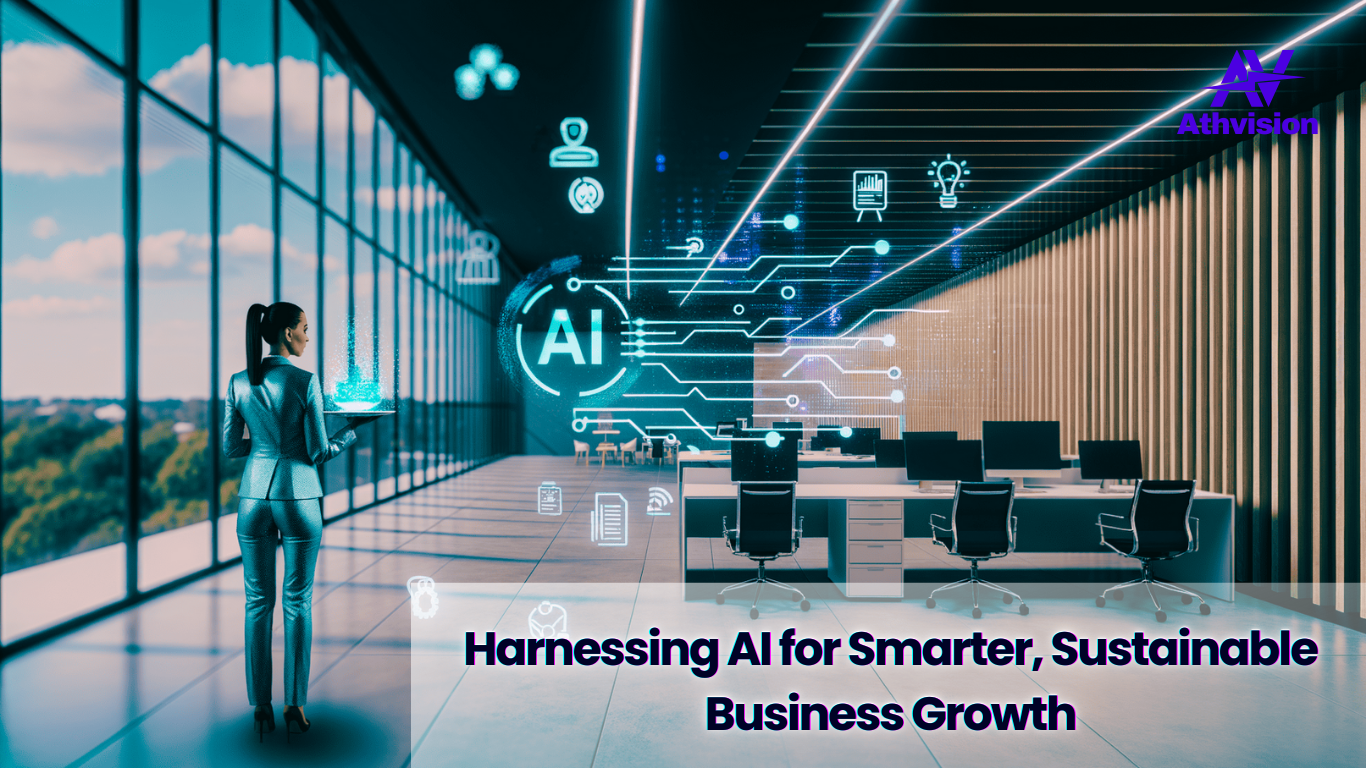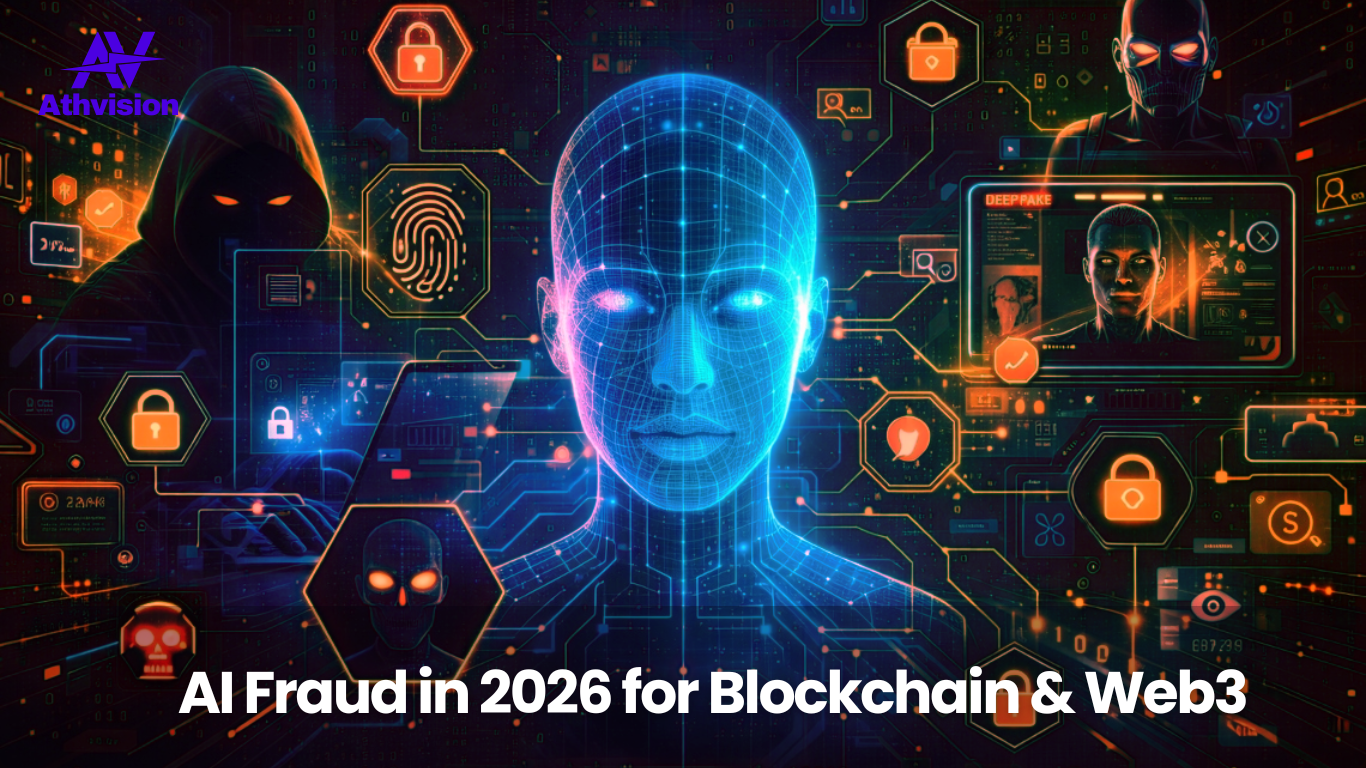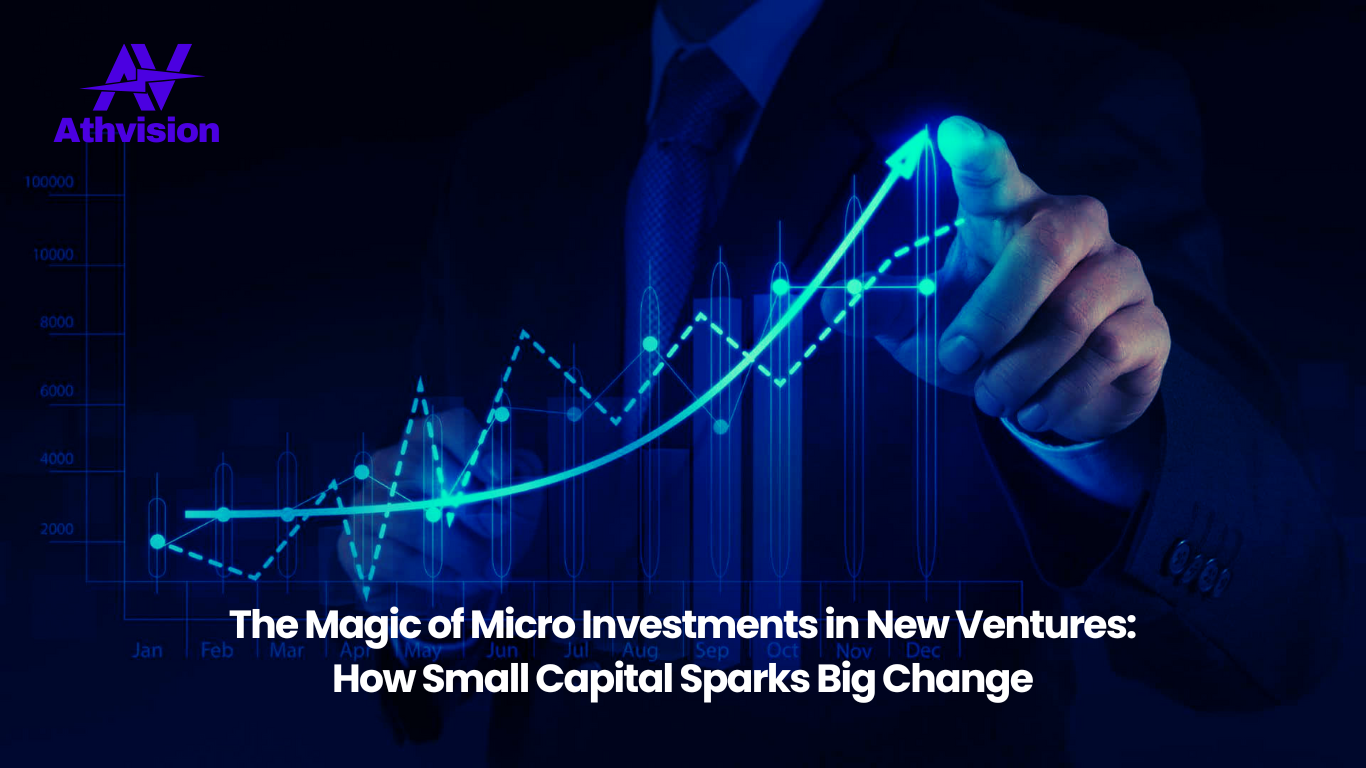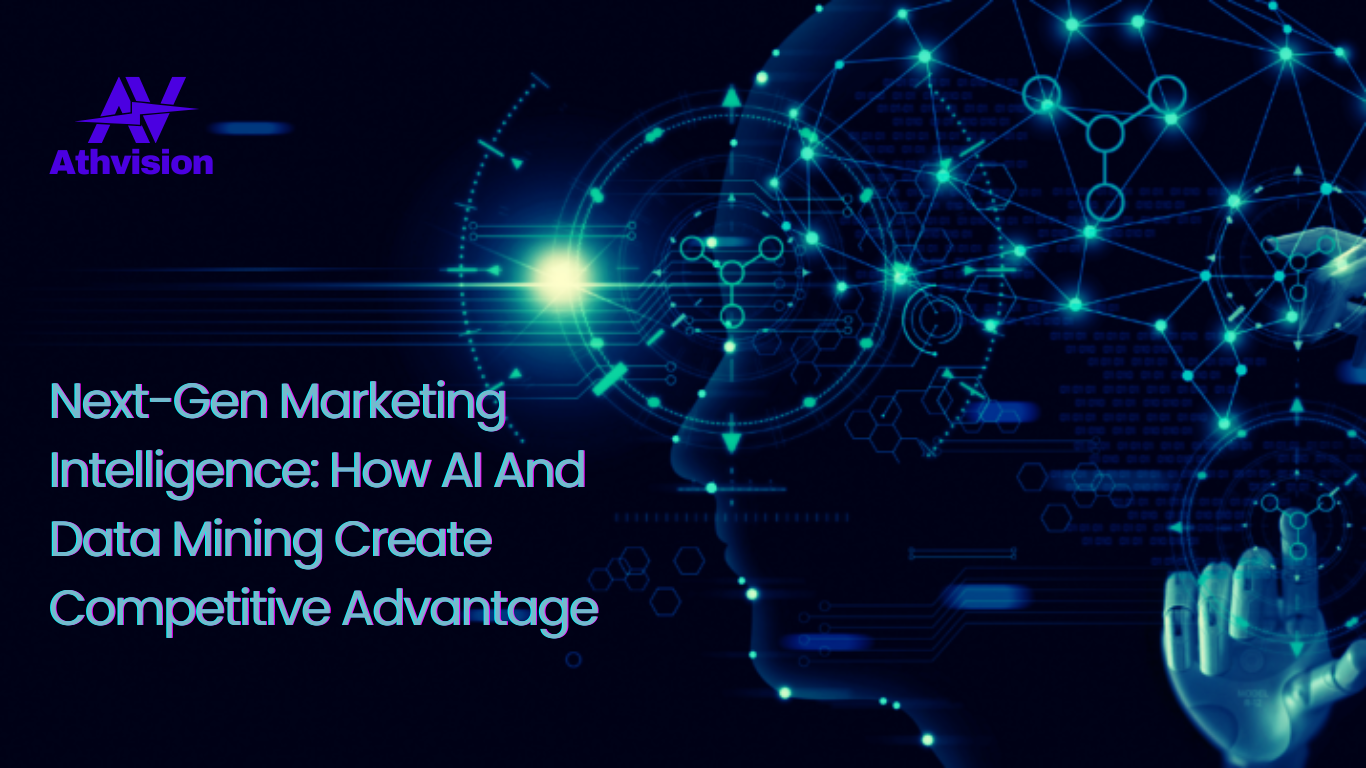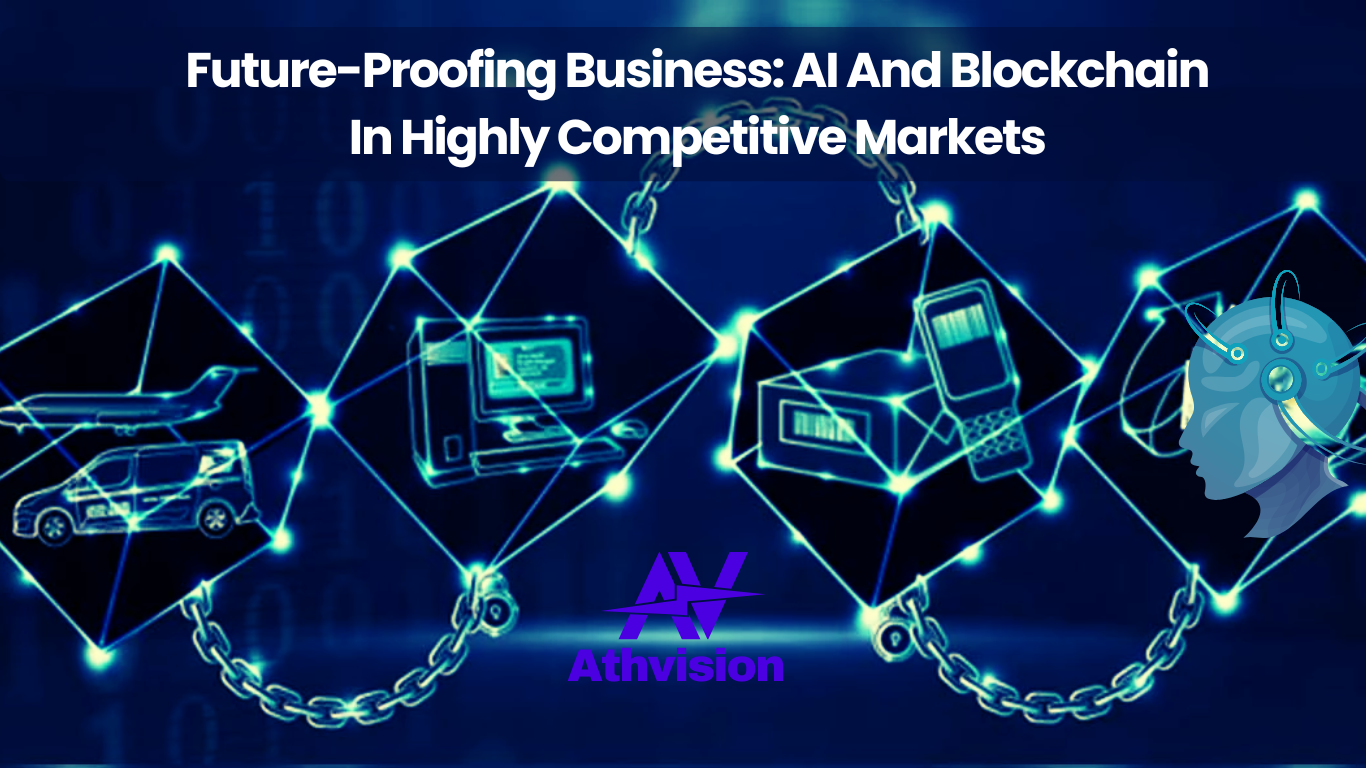The business landscape has shifted dramatically. Gone are the days when “growth at all costs” fueled by cheap capital was the dominant mantra. Today, businesses, whether startups or established enterprises, are navigating a world shaped by inflation, shifting consumer behaviors, climate imperatives, and rapid technological disruption.
At the heart of this transformation lies Artificial Intelligence (AI). No longer just hype, AI has become the backbone of operational efficiency, customer engagement, and long-term resilience. However, while AI unlocks incredible opportunities, it also presents challenges related to ethics, adoption, and workforce integration.
The businesses that will thrive are not those that grow recklessly, but those that master the balance: leveraging AI for smarter, sustainable growth.
1. Rethinking Growth Metrics in the AI Era
For much of the last two decades, business success was often reduced to a handful of numbers: revenue growth, user acquisition, and market share. Startups were praised for skyrocketing valuations even if they had no clear path to profitability. But today’s macroeconomic realities, rising interest rates, climate concerns, and shifting investor expectations, are forcing a rethink.
Growth can no longer be measured by speed alone. Companies must adopt a broader, more sustainable definition of success that accounts for efficiency, resilience, and long-term impact. This is where AI steps in, not just as a tool for scaling, but as a catalyst for reimagining how success is measured.
Key shifts in metrics include:
- Capital Efficiency: In a world where cheap money is no longer abundant, investors want to see profitability pathways, not just aggressive expansion. AI-powered forecasting, cost optimization, and leaner operations help businesses achieve more with fewer resources, signaling smarter, not reckless, growth.
- Sustainability Indicators: Businesses are now expected to account for their environmental footprint. Metrics such as energy use, carbon emissions, waste reduction, and supply chain resilience are becoming just as important as financial KPIs. With AI, companies can track, measure, and optimize sustainability efforts in real-time, making ESG reporting more accurate and actionable.
- AI-Driven ROI: Traditional ROI looked at financial returns in isolation. But in the AI era, efficiency gains, automation savings, and predictive insights all contribute to value creation. For example, a company using AI to forecast demand more accurately can reduce inventory costs, cut waste, and improve customer satisfaction, all of which enhance long-term ROI.
Businesses that adopt a holistic approach to metrics do more than please regulators and investors; they future-proof themselves against volatility. By balancing financial growth with sustainability and technological efficiency, they build stronger foundations for resilience, trust, and long-term success.
2. AI as the Engine of Sustainable Growth
AI has officially moved from being a supporting tool to becoming the core growth engine of modern businesses. No longer an optional add-on, it is now embedded at the heart of strategy, operations, and innovation. For startups and established companies alike, AI represents the difference between scaling sustainably and being left behind.
Here’s how AI is transforming growth:
- Productivity Boosts: Repetitive tasks in HR, finance, marketing, and customer support can now be automated, allowing leaner teams to achieve more. For example, AI-powered chatbots reduce customer service costs, while automated payroll and expense systems free up HR teams to focus on people rather than paperwork. This shift creates space for human talent to focus on creativity, strategy, and relationship-building, the areas where people truly add unique value.
- Smarter Decisions: Predictive analytics powered by AI enables companies to forecast demand, detect risks, and optimize inventory with unprecedented precision. Retailers use AI to anticipate consumer buying trends, financial firms leverage it for fraud detection, and logistics companies rely on it for route optimization. In every sector, data-driven insights reduce waste, cut costs, and sharpen competitive advantage.
- New Business Models: Entirely new categories of ventures are emerging thanks to AI. Generative AI services are redefining content creation, while AI-powered SaaS products cater to niche industries such as healthcare diagnostics, supply chain analytics, and personalized education. These AI-first startups aren’t just using AI; they’re built around it, making technology the foundation of their value proposition.
Yet, despite the promise, challenges remain. AI adoption is not plug-and-play. It requires:
- Significant investment in infrastructure and cloud computing power.
- Access to clean, quality data for training reliable systems.
- Skilled talent that understands both the technical and ethical dimensions of AI.
Moreover, the market is flooded with hype-driven AI plays, tools, and platforms that offer novelty but little long-term value. Companies that chase trends without solving real problems risk burning resources and losing credibility.
The real winners in this new era will be those who pair AI with deep domain expertise and proprietary datasets. These companies won’t just deploy generic tools; they’ll create defensible advantages by applying AI in ways that are unique, difficult to copy, and genuinely valuable to customers.
3. Building Financial Resilience with Digital Tools
In today’s macroeconomic environment of rising interest rates, inflationary pressures, and tighter capital markets, financial discipline is no longer optional; it’s a survival. For startups and growing businesses, building resilience means balancing ambition with sustainability, and here, AI and digital finance tools play a transformative role.
- AI-Powered Forecasting: Modern AI tools can run complex financial simulations, modeling multiple economic scenarios to anticipate cash flow gaps, funding shortfalls, or supply chain disruptions. Instead of relying on static spreadsheets, founders can now use dynamic forecasting to make smarter decisions, plan for contingencies, and react faster to shifting market conditions.
- Digital Finance & Tokenization: Traditional fundraising routes are increasingly difficult to access, but blockchain-based solutions are unlocking new possibilities. Tokenized assets allow startups to raise capital from global investors with fractional ownership models, while decentralized crowdfunding enables communities to directly back ventures they believe in. This democratization of capital opens doors for founders who might otherwise be overlooked by traditional VCs or banks.
- Diversified Revenue Streams: Resilience also comes from not putting all your eggs in one basket. Businesses are increasingly turning to subscription models, value-added service layers, or token-based ecosystems that generate recurring income and reduce dependency on a single source. For example, SaaS startups now bundle premium AI-powered features, while Web3 projects integrate utility tokens that incentivize ongoing community participation.
The key challenge is finding the right balance. Growth at all costs can leave startups vulnerable in high-interest or high-inflation scenarios, while being overly cautious may stunt innovation. The strongest businesses will be those that blend financial resilience with scalable innovation, leveraging digital tools not just to survive, but to thrive even when economic conditions are uncertain.
4. Customers at the Center: AI and Experience Design
The modern consumer is no longer satisfied with simply buying products; they seek experiences, authenticity, and value alignment. This shift requires businesses to rethink customer engagement, and AI has become the central driver of this transformation.
- Hyper-Personalization: From personalized product recommendations to predictive customer service, AI enables businesses to deliver interactions that feel intuitive and uniquely tailored. Chatbots powered by natural language processing can provide real-time support, while AI-driven loyalty systems adapt rewards based on individual behavior. This creates a sense of recognition and exclusivity that keeps customers engaged beyond a single purchase.
- Ethical Alignment: Today’s digital-native generations are skeptical of brands that lack transparency. They prioritize sustainability, ethical sourcing, and genuine storytelling in their buying decisions. AI can help businesses track and communicate supply chain integrity, carbon footprints, and ESG performance in real time, ensuring that values are not just claimed but demonstrated.
- Community Building: With the rise of SocialFi and AI-powered engagement platforms, customers are evolving from passive buyers into active stakeholders. These tools allow communities to co-create products, participate in decision-making, and even share in a brand’s financial upside through token-based reward systems. The result is a two-way relationship where loyalty is built on shared ownership and purpose.
The real opportunity lies in using AI not to push more sales, but to deepen trust and foster belonging. Brands that combine authenticity with mission-driven personalization will build emotional connections that are hard for competitors to replicate. In this new era, customer experience isn’t just a differentiator; it’s the foundation of sustainable growth.
5. Supply Chain Resilience in a Volatile World
The COVID-19 pandemic, trade wars, and ongoing geopolitical tensions have shown just how fragile global supply chains can be. From semiconductor shortages to shipping gridlocks, disruptions ripple across industries and hit startups particularly hard. For new and growing businesses, supply chain resilience is no longer a back-office issue; it’s a boardroom priority.
- Diversification: Relying on a single supplier or region is now seen as a critical vulnerability. Forward-looking businesses are adopting a “just-in-case” model, sourcing from multiple regions, nearshoring when possible, and developing backup suppliers. Though diversification may raise upfront costs, it creates flexibility that can mean survival during crises.
- Digital Transparency: Emerging technologies such as blockchain and AI are transforming how companies monitor and manage supply chains. Blockchain provides immutable records of product movement and sourcing, increasing trust in sustainability claims and regulatory compliance. AI-enabled tools go further by providing real-time visibility, automatically detecting bottlenecks, and suggesting optimal routes or suppliers.
- Predictive Management: Traditional supply chains operated on historical data and reactive decisions. AI demand forecasting changes the game, analyzing massive datasets, from weather patterns to consumer behavior, to anticipate risks before they materialize. This allows businesses to adjust production, inventory, and logistics proactively, avoiding costly shortages or wasteful overproduction.
While building resilient supply chains comes with short-term costs in technology and logistics, the long-term payoff is significant. Startups and SMEs that guarantee reliability and transparency not only reduce operational risks but also gain a competitive edge in winning customer loyalty and investor confidence. In today’s volatile world, the ability to deliver consistently is itself a brand promise.
6. Empowering the Workforce in the AI Era
Artificial Intelligence is often painted as a replacement for human labor, but the deeper reality is far more nuanced. The most successful businesses will not be those that replace humans with machines, but those that use AI to augment human capabilities. In this model, people and technology work together, each playing to their strengths.
- Global Talent Pools: Remote and hybrid work models, accelerated by the pandemic, have unlocked access to talent from anywhere in the world. For startups, this means they are no longer constrained by geography when hiring. A data scientist in Nairobi, a designer in Manila, and a marketer in Berlin can seamlessly collaborate. AI-powered collaboration tools further reduce friction, enabling truly global, agile teams.
- AI as Co-Pilot: Instead of replacing employees, AI increasingly acts as a decision-making assistant. From drafting emails and generating marketing content to analyzing financial trends or predicting customer churn, AI takes on repetitive and analytical tasks, freeing employees to focus on higher-level creativity, strategy, and relationship building. In short, AI handles the “heavy lifting,” while humans do the “meaning-making.”
- Cultural Shifts: The workforce of today, particularly younger generations, values flexibility, purpose, and well-being as much as (if not more than) traditional compensation. Companies that use AI to reduce busywork and create space for more meaningful work will be better positioned to attract and retain top talent. Moreover, AI-powered employee experience platforms can personalize professional development and support mental health initiatives, making workplaces more human despite being more digital.
- Upskilling as a Priority: The companies that thrive will be those that treat AI literacy as essential for all employees, not just engineers. Training workers to collaborate with AI tools builds confidence and reduces fear of displacement. More importantly, it equips teams to continuously innovate. Businesses that invest in reskilling and upskilling will foster loyalty, spark creativity, and maintain a competitive edge.
Ultimately, the future of work in the AI era is not about human versus machine, but human with machine. Startups that position AI as a partner, not a threat, will cultivate resilient, motivated, and future-ready teams capable of thriving in a rapidly changing economy.
7. Sustainability & Ethics as Competitive Advantages
Sustainability is no longer a “nice-to-have” for businesses—it’s a baseline expectation. Governments are mandating stricter environmental standards, investors are prioritizing ESG (Environmental, Social, Governance) criteria, and consumers are making purchasing decisions based on values alignment. For startups and growth-stage companies, this shift means that sustainability and ethics are not just compliance issues, but powerful competitive advantages.
- Smart Energy Management: AI can optimize energy use across factories, offices, and logistics networks, cutting costs while reducing carbon footprints. For instance, machine learning models can forecast energy demand and adjust power consumption in real time, helping businesses balance efficiency with sustainability goals.
- Climate Modeling & Risk Mitigation: AI-driven climate analytics enable companies to anticipate extreme weather events, supply chain disruptions, or resource scarcity. Startups that integrate such predictive tools can design more resilient operations and avoid costly interruptions.
- Circular Economy in Action: AI can track the lifecycle of products, enabling businesses to recover, recycle, and repurpose materials more effectively. From fashion to electronics, startups leveraging AI-driven supply chain visibility are building new business models that prioritize reuse and waste reduction.
Yet, sustainability isn’t just about environmental impact. Ethical considerations in how AI itself is used are equally critical:
- Fairness & Transparency: Biased algorithms can alienate customers and attract regulatory scrutiny. Startups that build transparent, explainable AI models will stand out as more trustworthy.
- Privacy-First Practices: With increasing concerns about data misuse, ensuring customer privacy and security is not just ethical, it’s a brand differentiator.
- Regulatory Alignment: Governments worldwide are drafting AI regulations. Proactively adopting ethical AI practices now positions startups ahead of compliance requirements.
Startups that treat sustainability and ethics as core strategies, not afterthoughts, gain more than goodwill; they future-proof themselves. They win investor confidence, customer loyalty, and long-term resilience in an era where purpose-driven businesses are increasingly rewarded.
8. Financial Resilience & Geopolitical Adaptability
The world of business no longer operates in a predictable, globally integrated marketplace. Rising interest rates, currency fluctuations, trade wars, and geopolitical rivalries have made financial resilience and adaptability to geopolitical shifts non-negotiable for startups and scaling ventures.
- Strengthening Balance Sheets: With capital markets tightening, startups can no longer rely on endless rounds of cheap funding. Maintaining healthy cash reserves, reducing burn rates, and focusing on profitability pathways are now survival strategies. AI-powered forecasting tools can simulate multiple economic scenarios, helping founders make smarter decisions about when to expand, conserve, or pivot.
- Diversifying Revenue Streams: Relying on a single customer base, geography, or product line is risky in a fragmented global economy. Startups that integrate subscription models, service add-ons, and token-based ecosystems reduce exposure to external shocks while unlocking recurring revenues.
- Geopolitical Flexibility: Globalization has fractured into multipolar markets, each with its own rules. What works in the U.S. may not comply with EU standards or Asian regulations. Successful startups will adopt localized strategies, tailoring offerings, compliance, and even branding to regional contexts. This adaptability transforms geopolitical challenges into opportunities.
- Digital Finance & Tokenization: Emerging financial technologies such as blockchain and tokenization provide startups with new ways to access funding, hedge risks, and reach global investors. While regulatory scrutiny is increasing, those who strike the right balance between innovation and compliance will stand out as credible and trustworthy players.
In short, startups that embrace financial discipline and geopolitical adaptability will be far better positioned to survive turbulence and capture opportunities. The future belongs to founders who understand that resilience is not defensive, it’s strategic. By building financial flexibility and operational agility, they transform volatility into a moat, setting themselves apart in crowded and uncertain markets.
Advantages of AI-Driven Sustainable Growth
While AI opens powerful opportunities for businesses, its true impact is measured not only in profitability but also in resilience and long-term sustainability. For founders, embracing AI can create advantages across multiple dimensions:
- Efficiency: Automating repetitive workflows means leaner teams and faster execution. This allows startups to operate at a lower cost base while scaling effectively.
- Agility: Predictive analytics enable better anticipation of market shifts, helping companies adjust strategies before risks materialize. In uncertain economies, agility is often the difference between growth and decline.
- Resilience: AI strengthens both supply chains and financial planning by identifying vulnerabilities early. Whether it’s predicting inventory shortages or running multi-scenario cash flow models, AI helps leaders stay one step ahead.
- Customer Loyalty: Personalized, mission-driven engagement powered by AI deepens relationships and keeps customers returning. Pairing personalization with ethical, sustainability-focused branding builds loyalty that competitors struggle to replicate.
- Investor Appeal: Today’s investors want more than growth; they want growth that lasts. Startups combining AI innovation with ESG commitments stand out as long-term, future-proof bets.
Challenges to Navigate
Of course, these advantages don’t come without hurdles. Founders must remain clear-eyed about the obstacles:
- Data Dependency: Without accurate, secure, and bias-free datasets, AI loses effectiveness and credibility. Building strong data foundations is non-negotiable.
- Workforce Displacement: Poorly managed AI rollouts can fuel fears of job loss. Companies that neglect upskilling or transparency risk employee resistance, slowing down innovation.
- Regulatory Complexity: From AI ethics to digital finance oversight, compliance rules are tightening worldwide. Ignoring them can invite fines, reputational damage, or stalled expansion.
- Short-Term Costs: Sustainable AI adoption requires significant upfront investment in infrastructure, training, and supply chain resilience. For startups with limited capital, balancing these expenses with immediate growth goals is a delicate act.
AI-driven sustainable growth is a double-edged sword. The winners will be those who recognize both sides, leveraging AI’s efficiency and resilience while proactively managing risks with foresight and responsibility.
Conclusion
The age of reckless expansion is over. Businesses today operate in a world where resilience, responsibility, and long-term value creation matter as much as, if not more than, rapid growth. Artificial Intelligence sits at the center of this shift, enabling companies to work leaner, adapt faster, and build stronger bonds with customers and investors alike.
Yet, AI is not a silver bullet. Its benefits, efficiency, agility, and resilience come with challenges around data integrity, workforce transformation, regulatory compliance, and upfront costs. The companies that thrive will be those that embrace both sides of the equation: seizing AI’s advantages while addressing its risks with foresight, transparency, and ethical responsibility.
In this new era, sustainable growth means more than profits. It means aligning innovation with values, efficiency with resilience, and technology with humanity. The future belongs to founders and businesses who treat AI not just as a tool for acceleration, but as a partner in building enterprises that endure.

